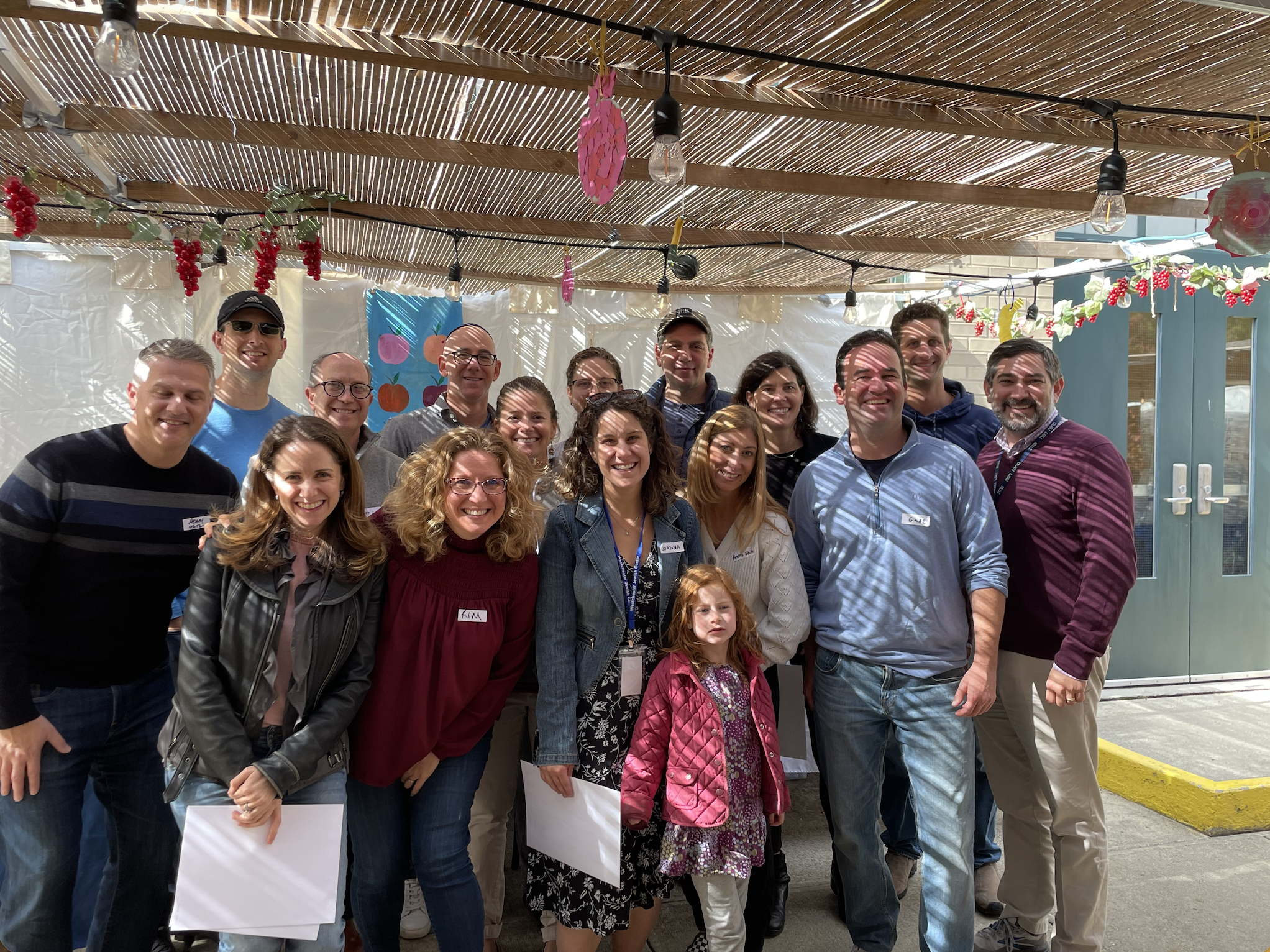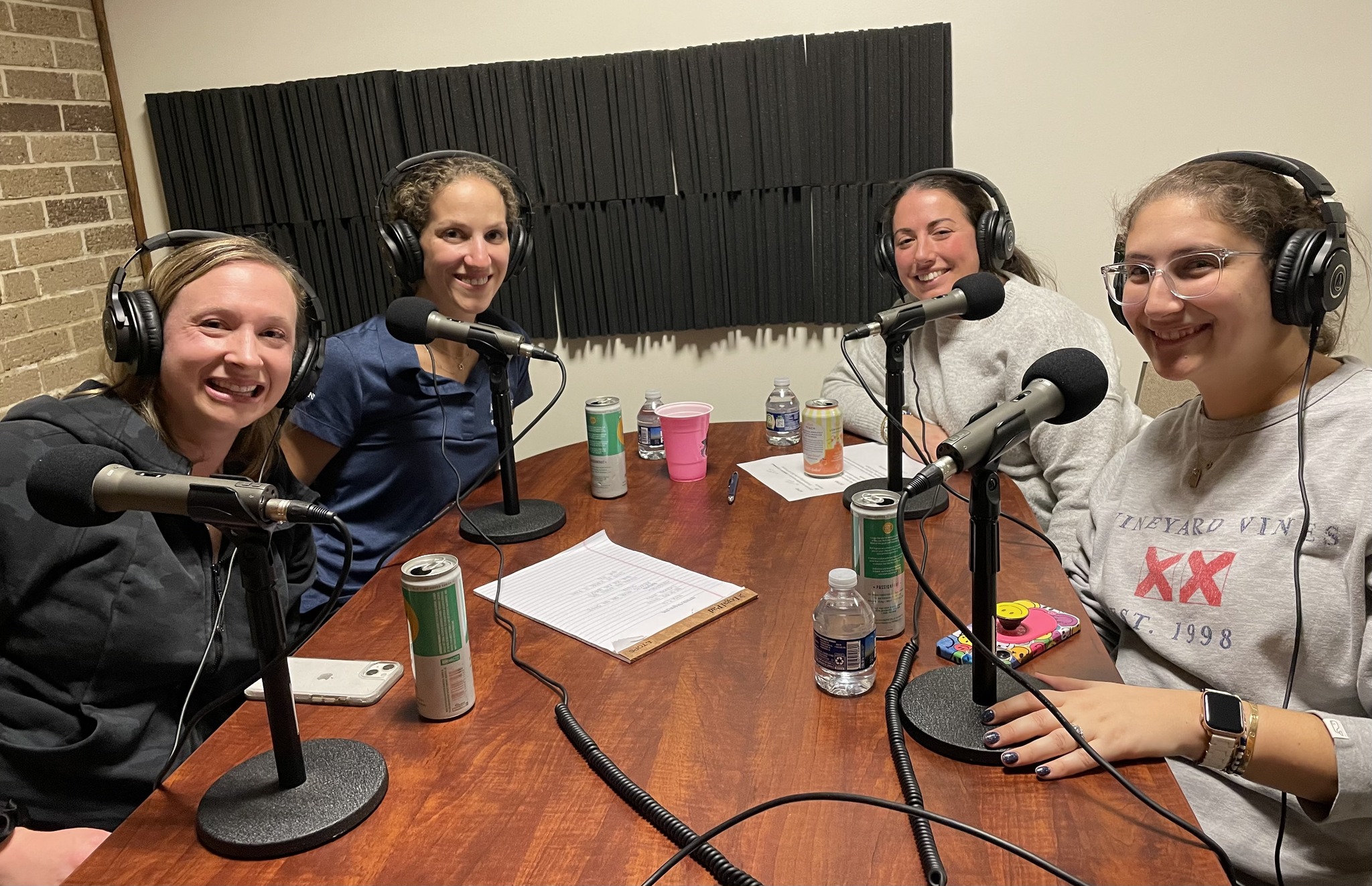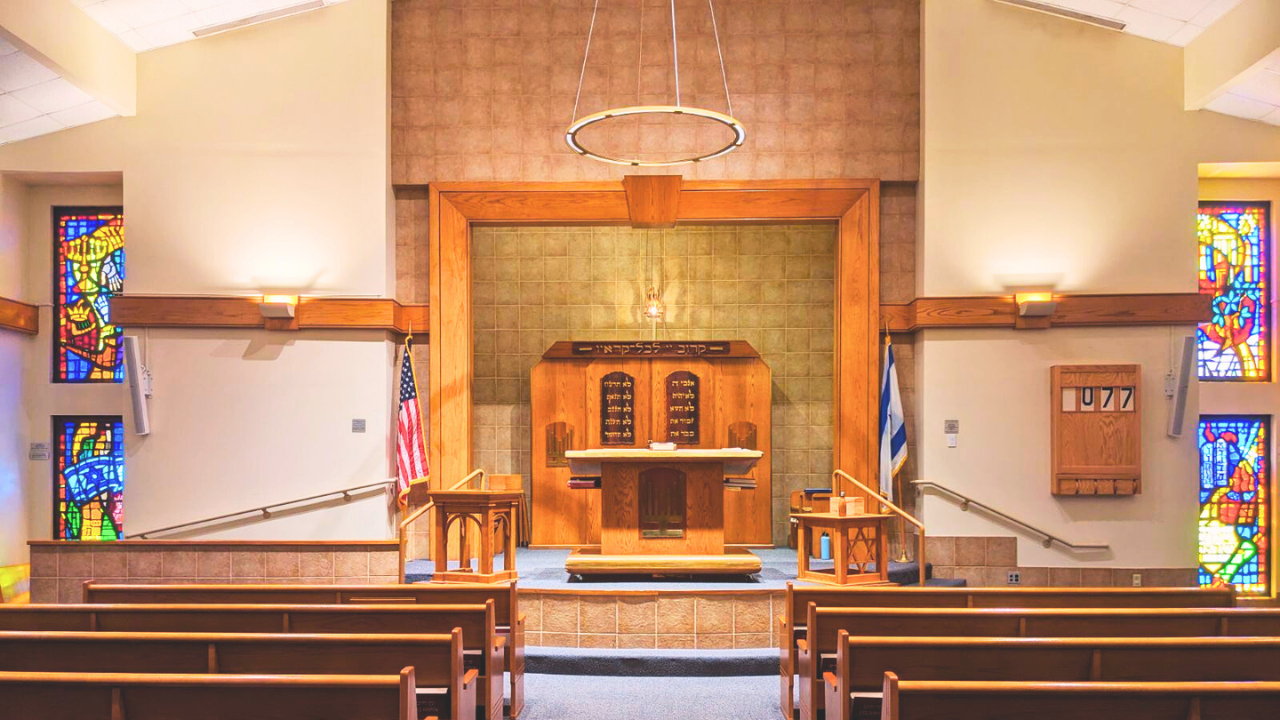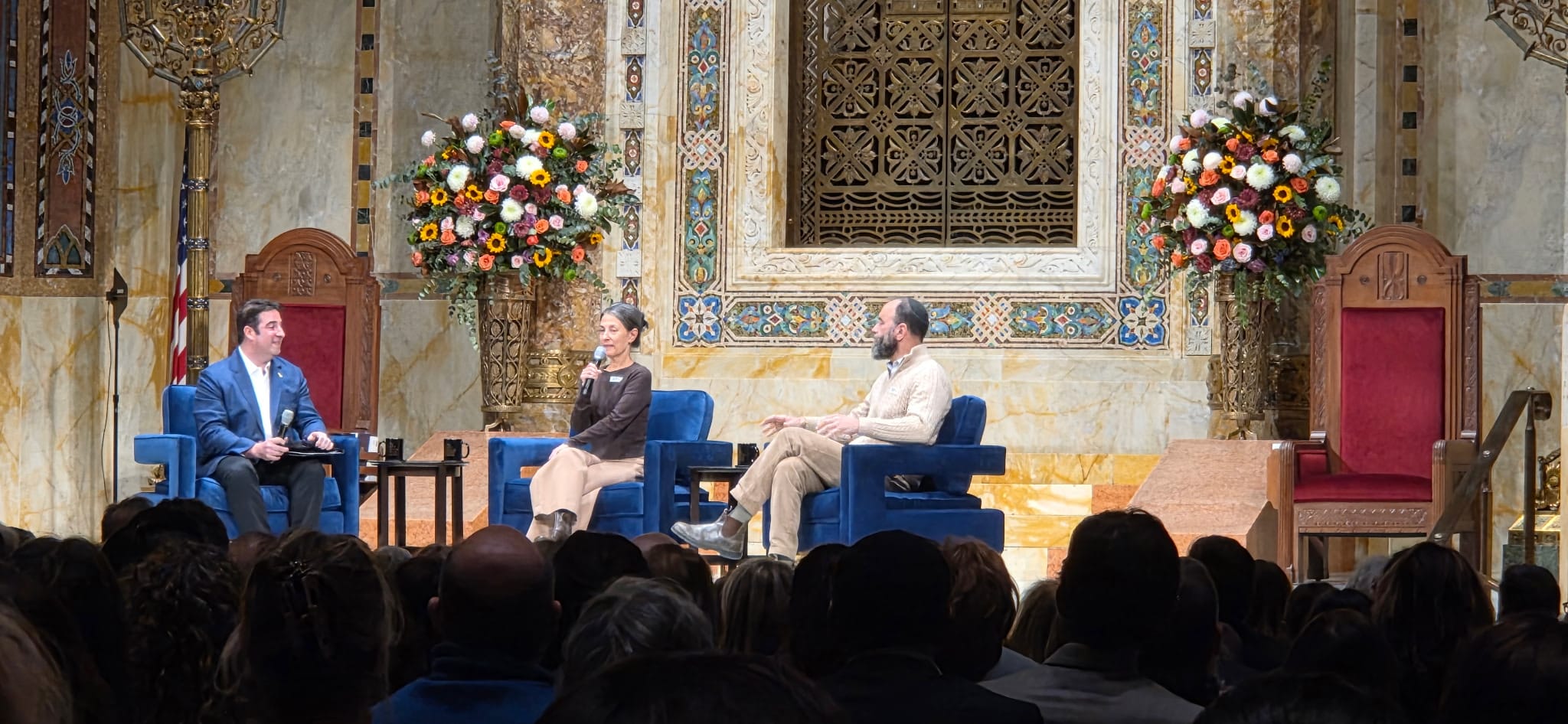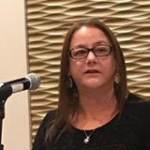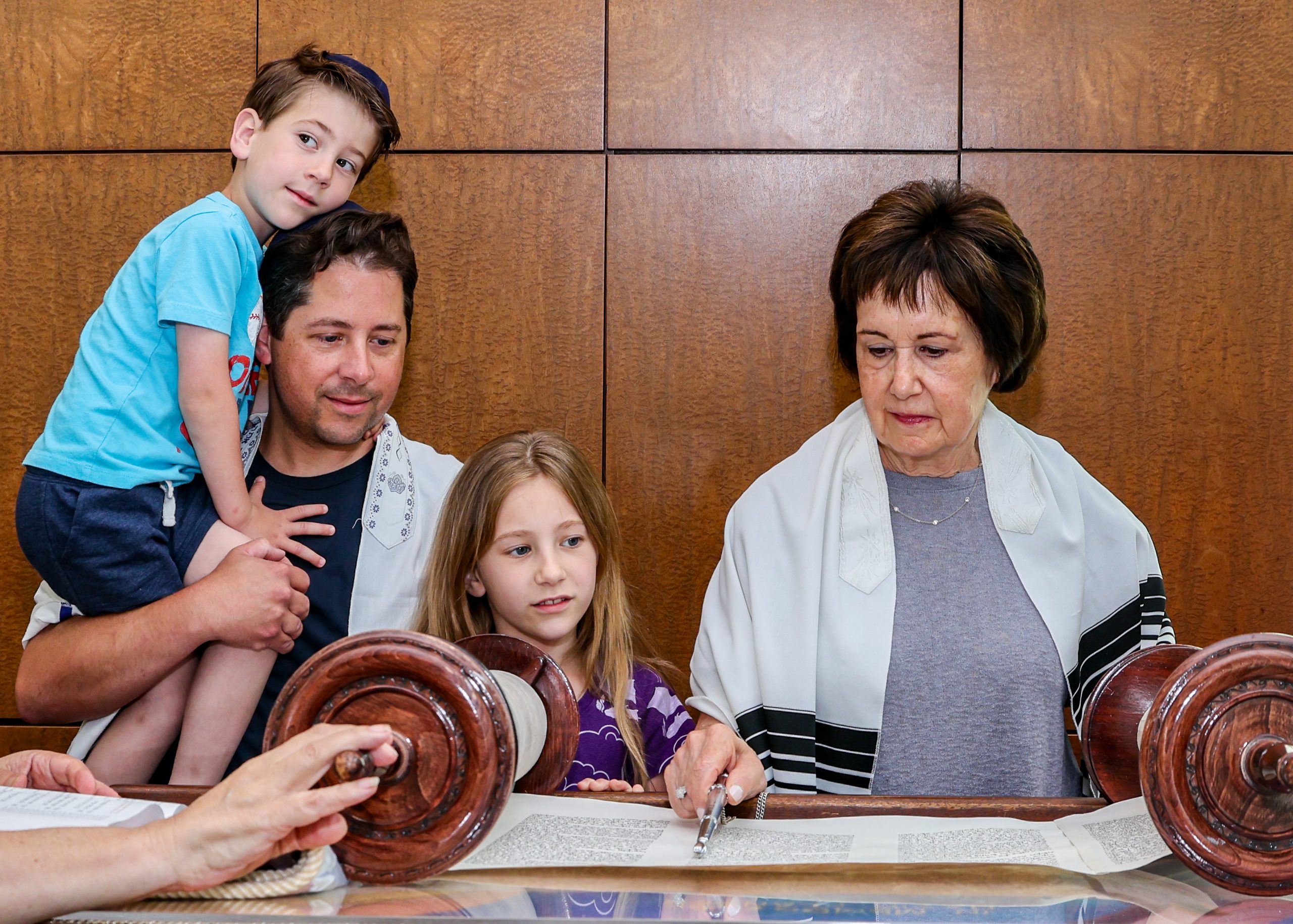
The Covid-19 crisis has disrupted many of the programs, services and convening that make synagogues meaningful to their members. It has also challenged congregational leadership to use technology to engage their members in community connections, both for ritual and learning. Yehuda Kurtzer, president of the Shalom Hartman Institute of North America said it best in his article on courageous leadership: “The Covid-19 crisis is functioning everywhere as a referendum on the quality of our leadership.”
We are still too close to this crisis to see all of the implications, but planners should explore some themes that are emerging:
Congregations Can/Should Think Beyond their Walls
Congregations have invested a great deal in bricks and mortar, but now have to learn to engage their communities outside of the building structure. If members are not able to be together for the High Holidays, they will most certainly experience a sense of loss. Synagogue walls have been witness to moments of great sorrow and joy; they have wrapped congregants in a tallit of care. People will remember the seats they’ve occupied in the sanctuary, while the names on the walls bring back powerful memories.
Planners will need to explore the role of their facilities going forward. Will existing congregations make a quantum leap in the efforts to engage less active members in their homes, neighborhoods, in satellite meetings, or in the larger community? Observers have called for this type of structural review for years.
Create Space for New Collaborations and Potential Mergers
When congregations seek to merge and partner, the issue of which building they keep often becomes a central issue. In the future, it may be less important than the programs and the relationships they can build together. A wide array of facilities can be rented or repurposed in a world where the central facility is not the primary focus.
Bold Leaders Innovate
Will there be new forms of community engagement driven by reimagined organizations and congregational start- ups? Think of The Emergent Congregation’s Network or the many independent minyanim that started by self-organizing, using technology and tapping volunteer expertise. Will existing congregations be able to go through developmental planning and address the lessons of the Covid-19 challenge as they write their next chapter? Most congregations tend to make small problem solving changes, such as changing the start time for a service. They hang out a new banner in the foyer. In a post Covid-19 environment, how will they elevate their thinking to be even bolder?
Elul: Month of Self-Reflection
Rabbi Spira Savett of Nashua, NH, suggested that congregations shift their focus from the three High Holidays to a focus on helping members do deeper self – reflection through the month of Elul.
Recently, I participated in 13 weeks of Mussar via Zoom. I found the format engaging, the relationships real and the self-reflection deep. Challenging people to experience deeper teshuvah work is BOLD.
Another congregation is holding Friday night services on Zoom and then organizing the congregation into Shabbat zoom dinner groups. In this way, they boldly engage the talent of hosts and help members use Shabbat rituals to build and solidify a sense of community.
High Holiday Task Force
One of the ways we can help people think out of the box is the Task Force. It creates a diverse group that works for a short period to leverage their collective curiosity and creativity to imagine new possibilities. They banish the words” we tried this before.” I hope you’ll listen to the recording of the webinar we did on High Holiday Task Forces where we shared how bold leaders can create the conditions for BOLD strategic thinking.
How is your synagogue thinking BOLDLY? Email me at [email protected].
This article appeared in eJewishPhilanthropy.

